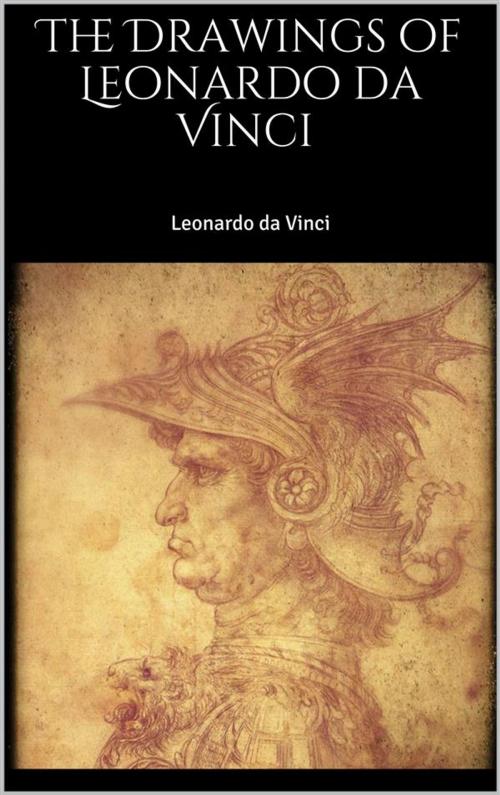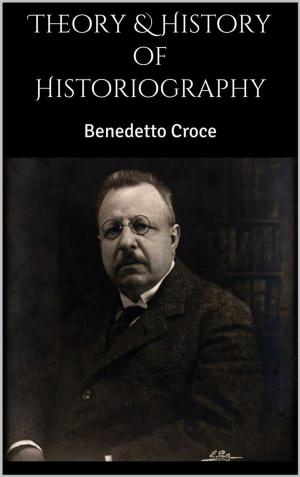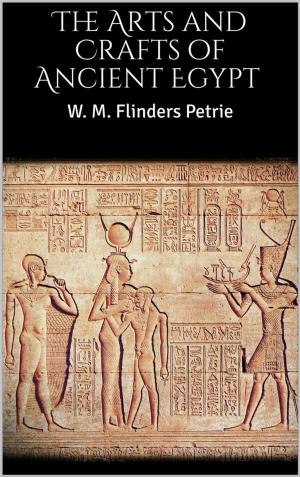| Author: | Leonardo da Vinci | ISBN: | 9788827598047 |
| Publisher: | Skyline | Publication: | March 31, 2018 |
| Imprint: | Language: | English |
| Author: | Leonardo da Vinci |
| ISBN: | 9788827598047 |
| Publisher: | Skyline |
| Publication: | March 31, 2018 |
| Imprint: | |
| Language: | English |
Leonardo da Vinci found in drawing the readiest and most stimulating way of self-expression. The use of pen and crayon came to him as naturally as the monologue to an eager and egoistic talker. The outline designs in his "Treatise on Painting" aid and amplify the text with a force that is almost unknown in modern illustrated books. Open the pages at random. Here is a sketch showing "the greatest twist which a man can make in turning to look at himself behind." The accompanying text is hardly needed. The drawing supplies all that Leonardo wished to convey. Unlike Velasquez, whose authentic drawings are almost negligible, pen, pencil, silver-point, or chalk were rarely absent from Leonardo's hand, and although, in face of the Monna Lisa and The Virgin of the Rocks and the St. Anne , it is an exaggeration to say that he would have been quite as highly esteemed had none of his work except the drawings been preserved, it is in the drawings that we realise the extent of "that continent called Leonardo." The inward-smiling women of the pictures, that have given Leonardo as painter a place apart in the painting hierarchy, appear again and again in the drawings. And in the domain of sculpture, where Leonardo also triumphed, although nothing modelled by his hand now remains, we read in Vasari of certain "heads of women smiling." "His spirit was never at rest," says Antonio Billi, his earliest biographer, "his mind was ever devising new things."
Leonardo da Vinci found in drawing the readiest and most stimulating way of self-expression. The use of pen and crayon came to him as naturally as the monologue to an eager and egoistic talker. The outline designs in his "Treatise on Painting" aid and amplify the text with a force that is almost unknown in modern illustrated books. Open the pages at random. Here is a sketch showing "the greatest twist which a man can make in turning to look at himself behind." The accompanying text is hardly needed. The drawing supplies all that Leonardo wished to convey. Unlike Velasquez, whose authentic drawings are almost negligible, pen, pencil, silver-point, or chalk were rarely absent from Leonardo's hand, and although, in face of the Monna Lisa and The Virgin of the Rocks and the St. Anne , it is an exaggeration to say that he would have been quite as highly esteemed had none of his work except the drawings been preserved, it is in the drawings that we realise the extent of "that continent called Leonardo." The inward-smiling women of the pictures, that have given Leonardo as painter a place apart in the painting hierarchy, appear again and again in the drawings. And in the domain of sculpture, where Leonardo also triumphed, although nothing modelled by his hand now remains, we read in Vasari of certain "heads of women smiling." "His spirit was never at rest," says Antonio Billi, his earliest biographer, "his mind was ever devising new things."















